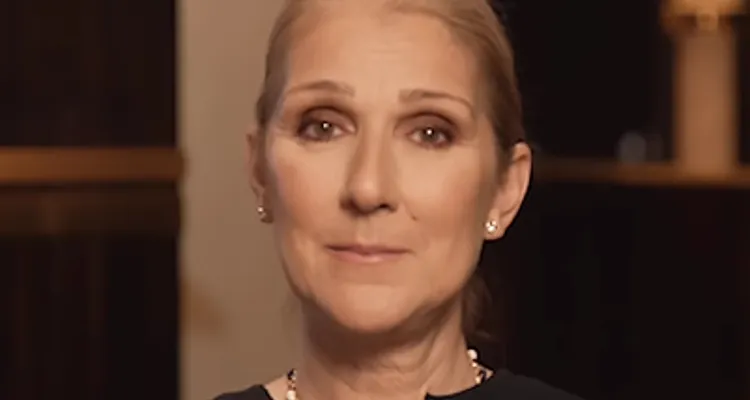Photo Credit: Celine Dion Instagram
In a video message to fans on Instagram, Celine Dion revealed a diagnosis of a rare neurological disorder called ‘Stiff-Person Syndrome.’
According to the singer, the disorder only affects around one million people across the globe–making it extremely rare. “While we’re still learning about this rare condition, we now know this is what’s been causing all of the spasms that I’ve been having,” Celion Dion shares in her video message. “Unfortunately, the spasms affect every aspect of my daily life, sometimes causing difficulties when I walk and not allowing me to use my vocal cords to sing the way I’m used to.”
The impact the neurological disorder is having on her has forced Celine Dion to postpone her upcoming ‘Courage’ tour. That tour has already been postponed three times, with the most recent dates set for February 2023.
“It hurts me to tell you today this means I won’t be ready to restart my tour in Europe in February. I have a great team of doctors working alongside me to help me get better and my precious children who are supporting me and giving me hope,” she continues.
“I miss you so much,” the singer continued in her message. “I miss seeing all of you, being on the stage, performing for you. I always give 100% when I do my shows, but my condition is not allowing me to give you that right now. For me to reach you again, I have no choice but to concentrate on my health at this moment, and I have hope that I’m on the road to recovery. This is my focus and I’m doing everything that I can to recuperate.”
Stiff-Person Syndrome is described as an autoimmune and neurological disorder that causes rigidity and spasms in the trunk and limbs of persons who are affected. Those symptoms sometimes include stiffening in the torso and limbs and severe muscle spasms. “People with Stiff-Person Syndrome can run the spectrum from mild to severe, and a personalized approach to treating the disease is the best way to ensure an improved outcome,” says Richard Nowak, MD, a neurologist at Yale Medicine.

